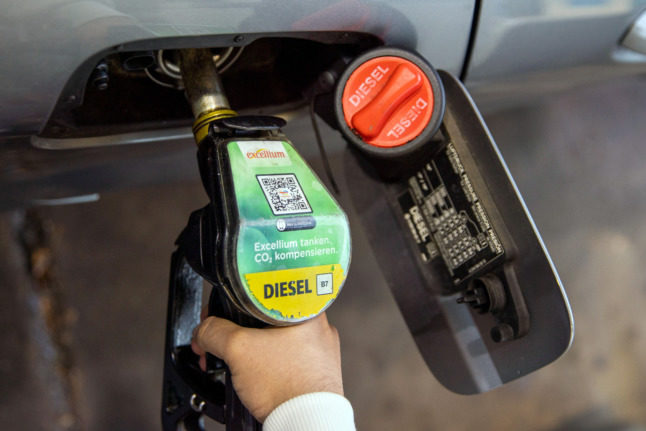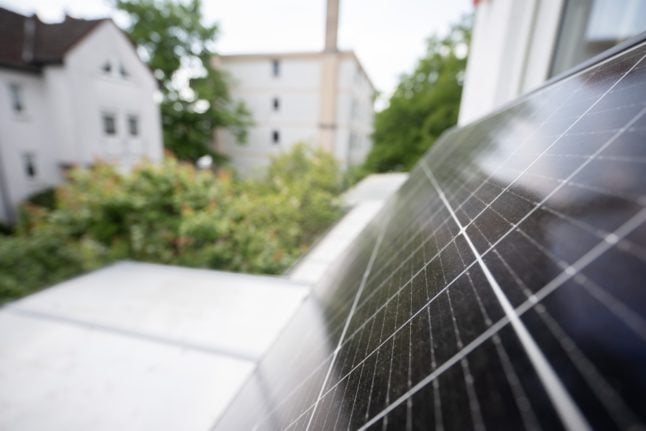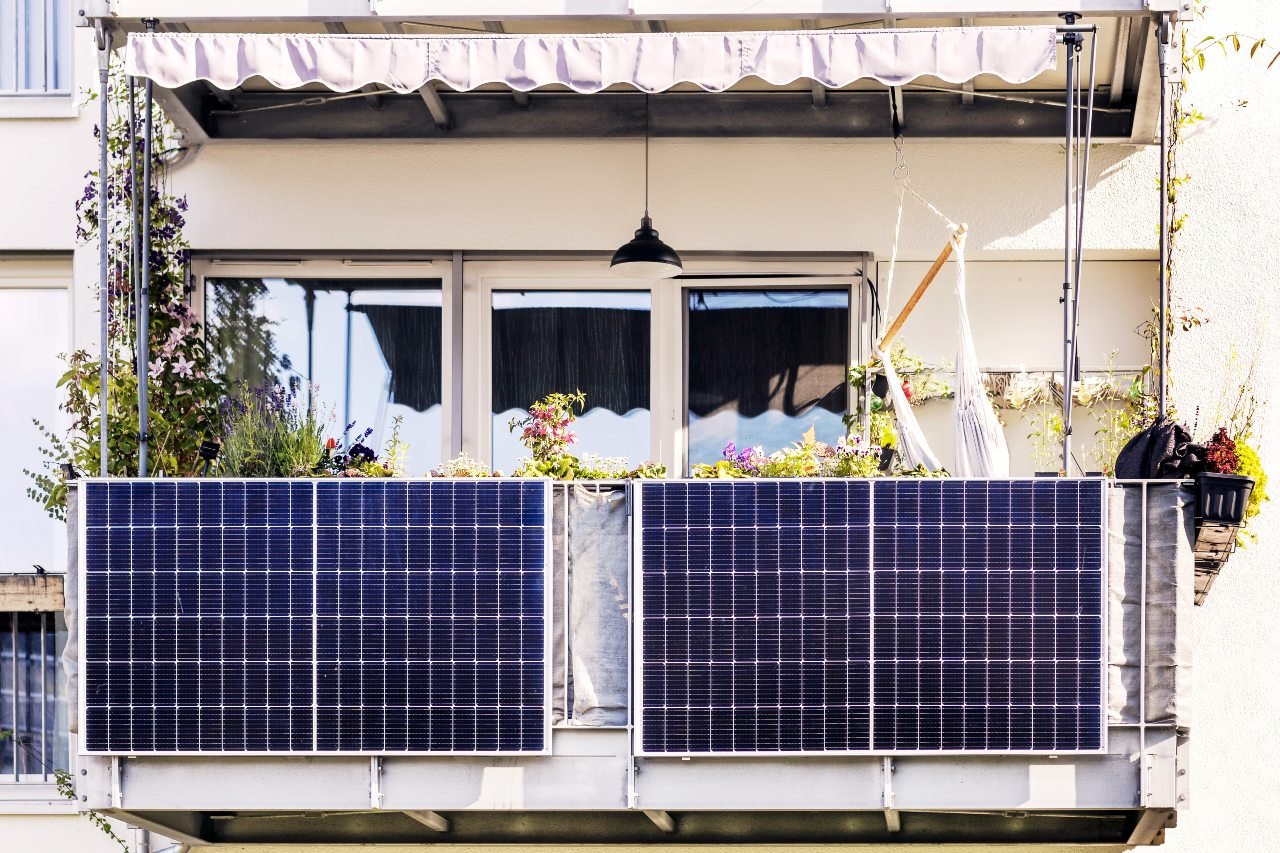As of Sunday, the national price of a litre of Diesel was €1.555, according to the European motor association ADAC. This is just above the previous record price of €1.554 per litre set on August 26th, 2012.
For drivers of non-Diesel cars, there’s also little reason to celebrate, as petrol prices also look set to exceed previous records in the coming weeks.
The price of Super E10, a type of petrol with organic components, stood at €1.667 per litre on Sunday – just 4.2 cents short of its previous record price of €1.709, which was reached on September 13th, 2012.
Germany’s fuel prices have been on an upward curve for months.
The main driver of this is the price of oil, which rose after last year’s Covid slump to hit multi-year highs on Monday.
In the case of Diesel, the problem has been compounded by the demand for oil for heating houses, which tends to rise in autumn and winter. Since the beginning of the year, the government’s CO2 tax – which currently stands at €25 per tonne – has also added around 6 to 8 cents to the cost of a litre of Diesel.
READ ALSO: Why everything is suddenly getting so expensive in Germany
The development is particularly drastic when compared with the previous year. At that time, oil and fuel prices sunk dramatically due to the Covid crisis, before the trend started to reverse at the beginning of November 2020.
Debates over tax cuts
With consumer prices rising across the board in Germany, politicians are debating how best to ease the burden on cash-strapped households.
Most recently, the outgoing transport minister Andreas Scheuer (CSU) called on the government to prepare short-term countermeasures – such as tax cuts – if energy and fuel prices continue to rise sharply.
A large part of the fuel price at the pump is taxes and duties. For Diesel, at the current price level, these include €0.25 VAT, around €0.47 mineral oil tax and the 6 to 8 cents from the CO2 tax.
With heating and energy costs placing pressure on households, the outgoing government is already looking for ways to ease the tax burden on companies in order to limit the price hikes.
On Thursday it announced plans to cut the EEG levy in order to provide relief for struggling energy consumers from next year.
READ ALSO: Germany slashes electricity levy as energy prices surge
The EEG levy currently adds 6.5 cents onto the price of a kilowatt hour of electricity in Germany. This is used to support to support businesses in the renewable energy sector.
From 2022, however, the levy will be reduced to 3.72 cents per kilowatt hour, with the difference partially made up by goverment subsidies.
If a similar thing is done in for car drivers, this could see prices fall once more – though the change would not take effect immediately, as the savings for providers would take a while to be passed on to consumers.




 Please whitelist us to continue reading.
Please whitelist us to continue reading.
Member comments